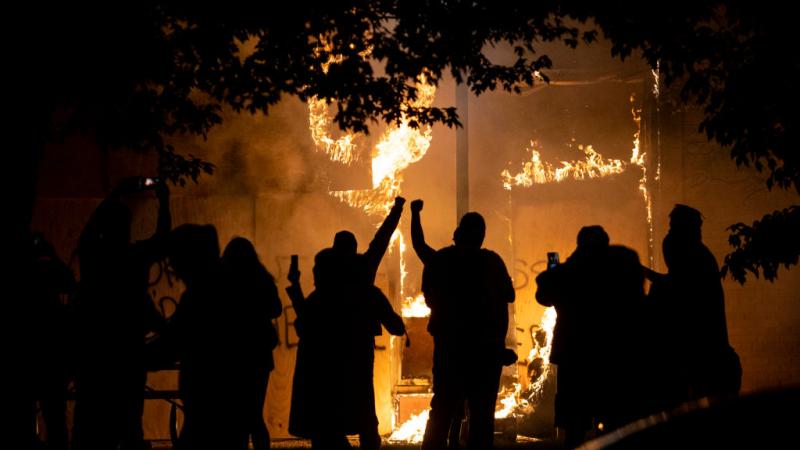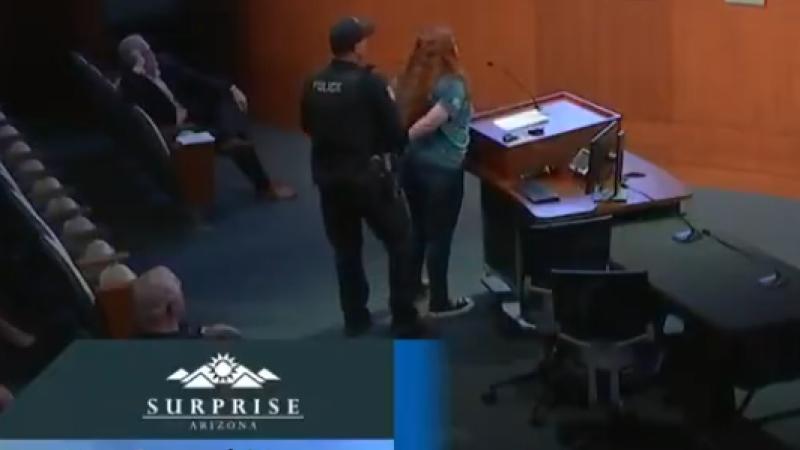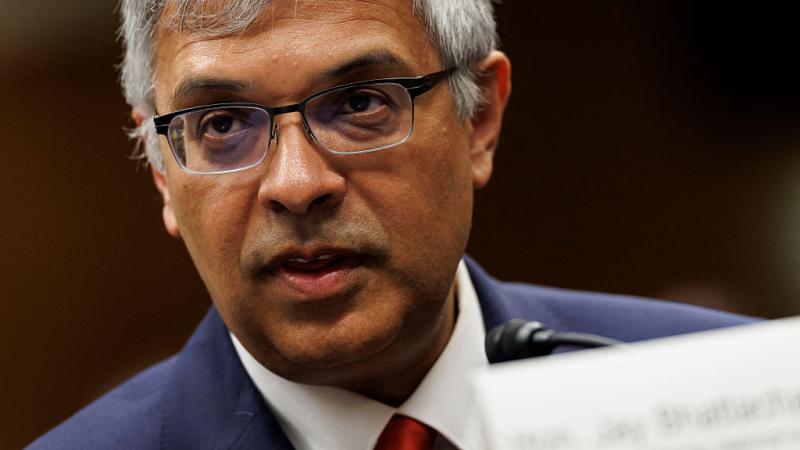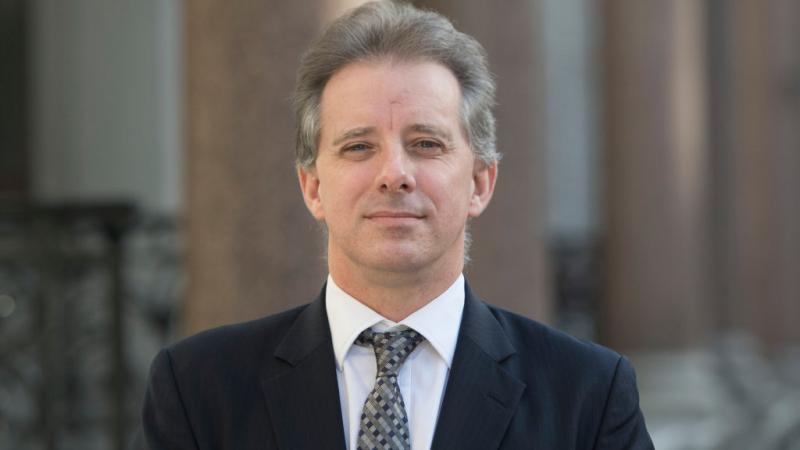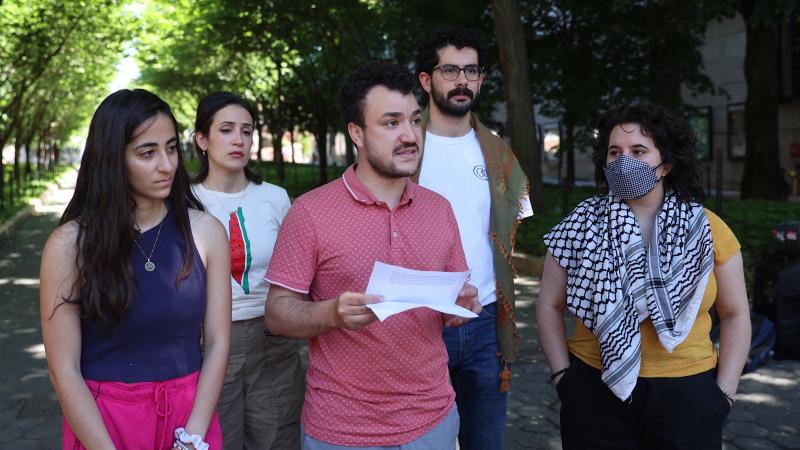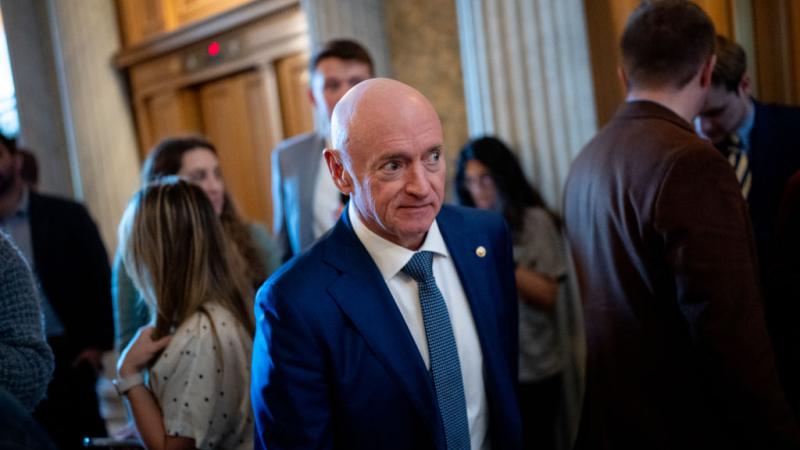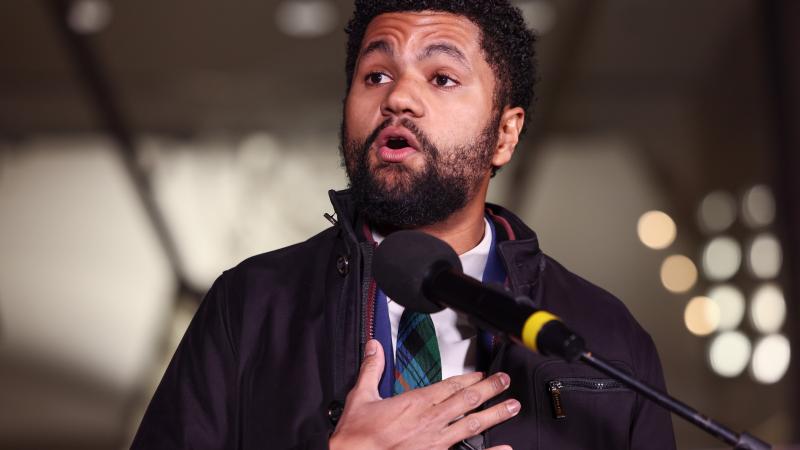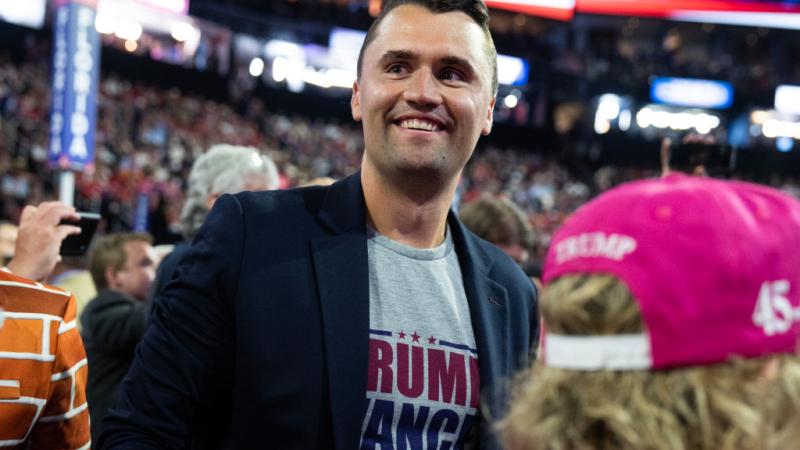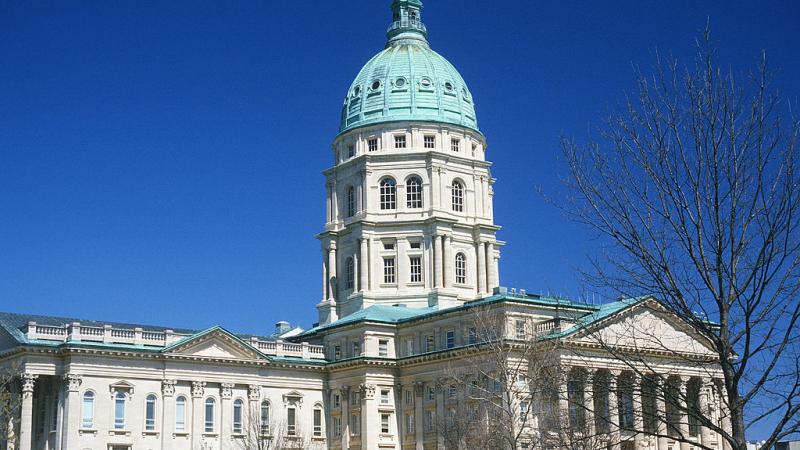Appeals court bans punishing students for using 'biological' pronouns: not disruptive, harassing
Full 6th Circuit overturns panel on party-line vote, says students use correct pronouns for gender-confused peers because "there is no practical alternative" to compelled affirmation of what they hold to be a lie. Dissent compares to f-word.
Public universities in Ohio, Michigan, Kentucky and Tennessee have been on notice for four years that they cannot force faculty to use students' preferred pronouns and may pay a steep penalty if they try. Last week, those states' K-12 schools got the same message as applied to student speech.
The full 6th U.S. Circuit Court of Appeals ordered a lower court to issue an "appropriately tailored preliminary injunction" that bans Ohio's Olentangy Local School District "from punishing students for the commonplace use of biological pronouns," as distinct from "the abuse of transgender students" in violation of harassment policies.
Half of the 10-judge majority also issued concurring opinions, while seven judges dissented on the core issue in the case: whether using correct pronouns for students who do not identify with their sex will likely disrupt the educational environment.
The Supreme Court makes clear that a "district may not restrict personal speech on matters of public concern unless the speech would 'materially and substantially disrupt' school activities or infringe the legal 'rights of others' in the school community," Judge Eric Murphy, nominated by President Trump, wrote for the majority, quoting the 1969 precedent Tinker.
The district "has fallen far short" by introducing "no evidence that the use of biological pronouns would disrupt school functions or qualify as harassment under Ohio law," and it "may not skew" the wider societal debate about transgender rights "by forcing one side to change the way it conveys its message or by compelling it to express a different view," he wrote.
President Obama-nominated Judge Jane Stranch's dissent countered that 6th Circuit precedents since Tinker, which protected antiwar armbands worn to school, recognize the "proverbial rock and hard place" faced by administrators between allowing disruption and violating students' constitutional rights.
"School officials must merely demonstrate that the school reasonably forecast that disruption would occur based on the speech at issue," rather than "wait for a disturbance before regulating speech" or even be certain "that disruption will occur," she wrote.
Stranch compared correct pronouns to swear words when uttered in school, explaining that a "F— the Draft" jacket is constitutional when worn on courthouse steps – another famous First Amendment precedent, Cohen – but not in schools, which may regulate language as long as it's "not for the purpose of selectively silencing a particular viewpoint."
Though she didn't cite it, a 6th Circuit panel adopted that reasoning last month by upholding a Michigan school district's ban on students wearing "Let's Go Brandon" apparel on the basis that the anti-President Biden euphemism is an inferred vulgarity.
"Ham-fisted attempt to moot the case" fails with majority
This is "the most expansive defense of student First Amendment Protections since the 1960s," Defending Education, which represented parents challenging three Olentangy policies used to ban biologically accurate pronouns, crowed in an email blast Friday.
Sarah Parshall Perry, the group's vice president, thanked the majority for rejecting the district's "ham-fisted attempt to moot the case" through policy changes a year ago, when the full court was considering rehearing, that narrowed the definition of "bullying" and affirmed protection for a "reasoned and civil exchange of opinions" during "appropriate times and places."
Those policies still give the district leeway to punish students for creating an "offensive" educational environment, "no matter the student’s audience, the student’s good faith, or any other circumstance," the majority wrote.
Murphy also emphasized the district gave no evidence of "students ever engaging in the speech at issue or of any transgender or nonbinary students ever claiming that the speech qualified as bullying or harassment," so its stated lack of enforcement in the decade since gender-identity protections were added doesn't show it will tolerate such speech.
George Washington University law professor Jonathan Turley noted it was a party-line vote, "with every Republican appointee voting with the students and every Democratic appointee voting with the school district."
He said full-court rulings "will often get closer scrutiny from clerks in petitions" for SCOTUS review, but the district has to decide whether to "risk doubling down on a losing hand if the Supreme Court affirms the judgment" and sets a nationwide pronoun precedent.
The district's statement to The Columbus Dispatch appeared vague on exactly how it would respond to the ruling.
"We look forward to continuing to participate in the legal process to strike the appropriate balance between protected speech and ensuring protection against bullying and harassment" in the form of "targeted or repeated behavior that creates a hostile or abusive educational environment," the district said.
Thursday's ruling widens an apparent split between the Cincinnati-based 6th Circuit and Boston-based 1st Circuit, which oversees Massachusetts, Maine, New Hampshire and Rhode Island and until last week had no active Republican-nominated judges, on how educational institutions may handle gender identity.
Justices Samuel Alito and Clarence Thomas blasted their colleagues for declining review of a 1st Circuit decision that upheld a school district's ban on a student wearing an "Only Two Genders" shirt. It also upheld a school district's practice of hiding students' identification as the opposite sex from their parents.
A three-judge panel last week considered whether a New Hampshire school district could keep banning spectators at high school girls' soccer games from wearing "XX" wristbands to silently show support for female-only sports, with two judges skeptical that the passive gesture in isolation was enough to justify intervention by school officials.
Not the same as telling Hispanics "go back to Mexico!"
Olentangy policies preventing students from "repeatedly and intentionally using non-preferred pronouns to refer to their classmates" got a reprieve from a divided 6th Circuit panel a year earlier, with Judge Stranch writing the majority opinion, raising the question of whether the full court would distinguish between higher education and K-12 in student speech.
Murphy's opinion Thursday repeatedly invokes the court's 2021 Meriwether precedent for a professor who was denied leeway to address, or even refer to, a female student by last name to avoid using the male pronouns the student demanded. Shawnee State University paid Nicholas Meriwether a $400,000 settlement in 2022.
Nearly a year later, Olentangy's counsel told a parent who had inquired about pronouns that "purposefully referring to another student […] contrary to the other student’s identity" constitutes discrimination under district policy but that Olentangy would be "happy to discuss accommodations" to avoid pronouns for religious reasons, Stranch wrote.
"Perhaps in formal writing, one can work hard to delete all pronoun references and still avoid bewildering prose," but "especially [in] conversations between young students" this is all but "impossible," Murphy wrote, quoting Meriwether.
"Students do not use this speech to belittle others," as the district claimed in comparing correct pronouns for transgender and nonbinary students to "go back to Mexico!" for Hispanic students, but rather "because there is no practical alternative short of expressing a viewpoint with which they might fundamentally disagree," the majority said.
This does not stop Olentangy from banning a student "from abusively ridiculing a transgender classmate’s 'physical characteristics' in the same way it could bar a student from abusively ridiculing a smaller student’s physical characteristics," Murphy wrote.
Three majority members wrote individual concurrences and a pair wrote a fourth, kicking off with President George H.W. Bush-nominated Judge Alice Batchelder, the dissenting vote on the original three-judge panel.
"Tinker does not create an exception to the Free Speech Clause’s heightened – or more emphatic –prohibitions against viewpoint discrimination and compelled speech," she said, noting justices Alito and Thomas said the same when they dissented from denying review of the "Only Two Genders" case.
The Facts Inside Our Reporter's Notebook
Videos
Links
- they can't force faculty to use students' preferred pronouns
- pay a steep penalty if they try
- ordered a lower court
- ban on students wearing "Let's Go Brandon" apparel
- Jonathan Turley noted it was a party-line vote
- The Columbus Dispatch
- Samuel Alito and Clarence Thomas blasted their colleagues
- ban on a student wearing an "Only Two Genders" shirt
- school district's practice of hiding students' identification
- two judges skeptical that the passive gesture in isolation
- Judge Stranch writing the majority opinion
